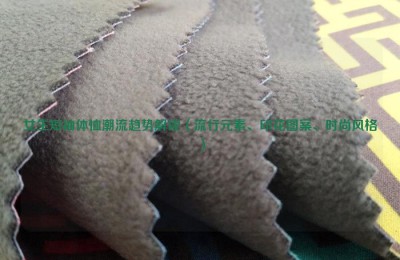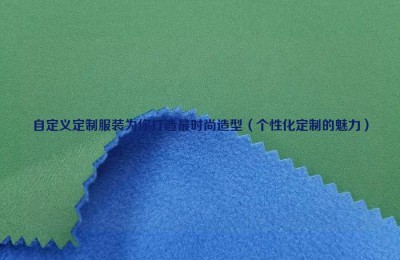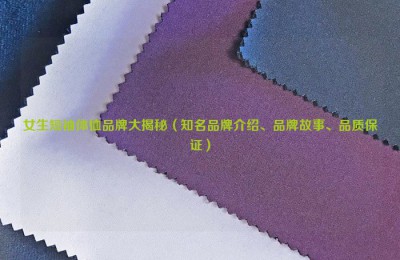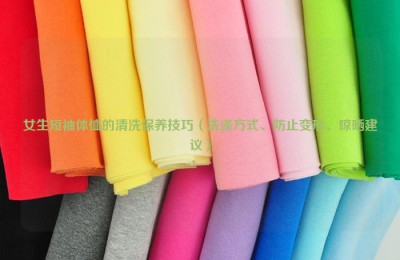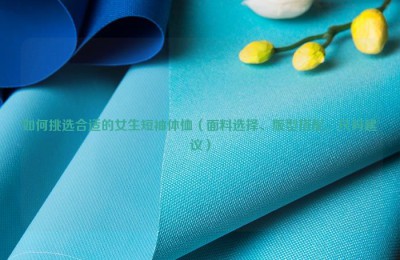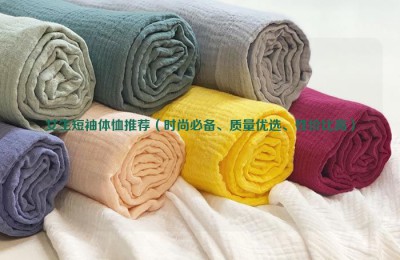Near-infrared spectroscopy is a physical method for testing the sugar content of cotton fiber. Its detection principle is mainly to detect the reduction of near-infrared rays reflected by cotton samples during experiments. The absorbance of several near-infrared rays of certain wavelengths can reflect the raw cotton. of sugar content. Taking the sugar content as the abscissa and the absorption value as the ordinate, draw a calibration curve, then measure the absorption value of the unknown sample at a specific wavelength, and find out the corresponding content of sugar through the calibration curve. The near-infrared method is simple and fast, but the instrument cost is expensive and is not suitable for use in general factories and testing units. It mainly measures the total sugar content of cotton fiber, cannot distinguish between exogenous sugar and endogenous sugar, and cannot determine the quality of cotton fiber viscosity.
In addition, there are methods abroad that use enzyme preparations to determine the sugar content in cotton fibers and use colorless triphenyltetrazolium chloride to react with reducing substances in cotton fibers to form red triphenyltoluene. Method to measure its content at 483nm wavelength.
AAAretytuoiuo3453345klj,hfg
Cotton fiber sugar content measurement method Infrared spectroscopy composite fabric information
Near-infrared spectroscopy is a physical method for testing the sugar content of cotton fiber. Its detection principle is mainly to detect the reduction of near-infrared rays reflected by cotton samples during …
This article is from the Internet, does not represent Composite Fabric,bonded Fabric,Lamination Fabric position, reproduced please specify the source.https://www.yjtextile.com/archives/3482

